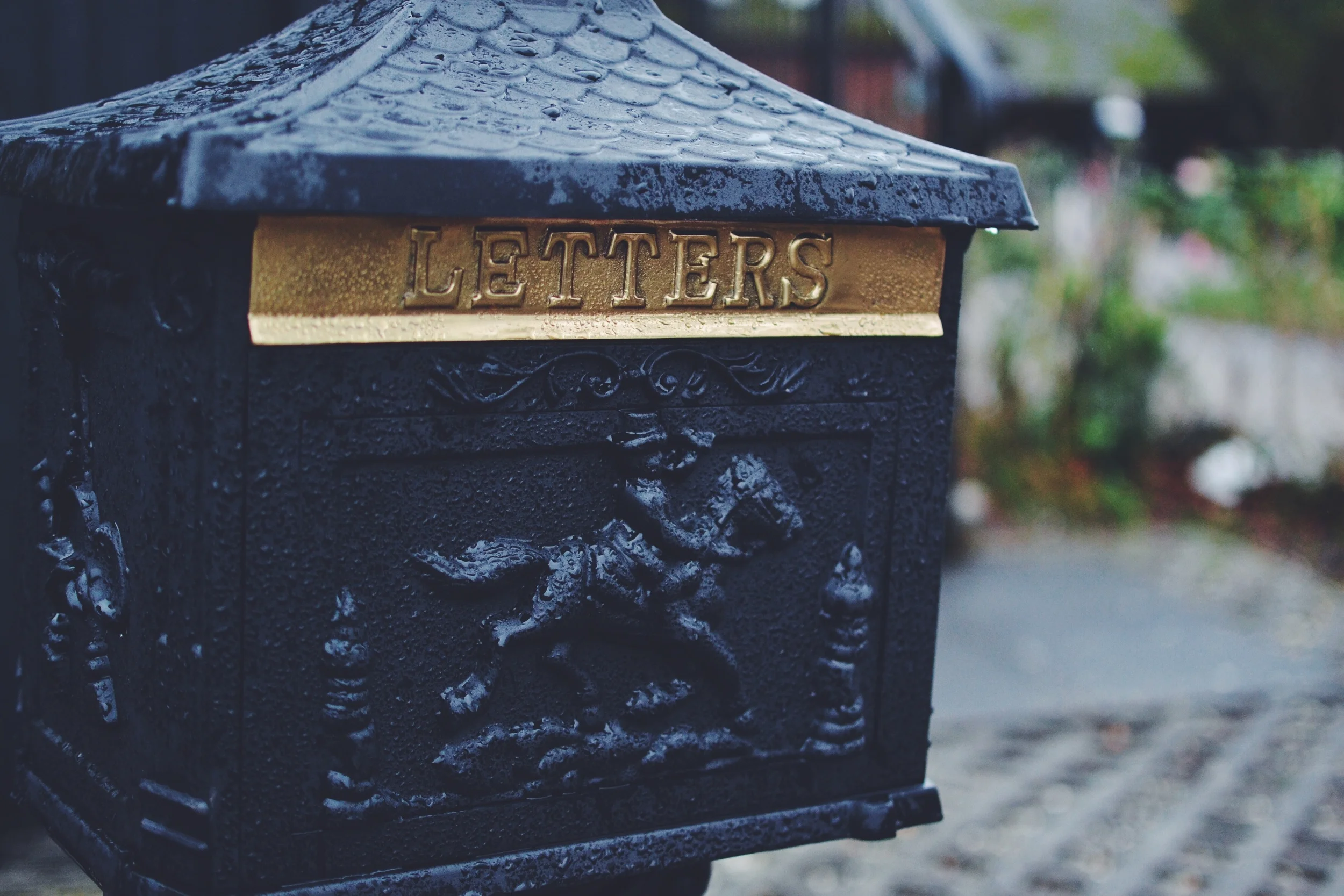The Query Process: How to Sell Your Story Ideas to Editors
In my former life as a city / regional magazine editor, I'd get phone calls at least once a week from eager freelance writers looking to get published.
Most would ask if we were accepting new writers and a few would send links to their online portfolios and writing samples. But that's about as far as the conversation went.
We almost never accepted newbies into our fold.
This was partly because we were publishing at the beginning of the 2008 recession and our freelance budget was comparatively small. But it also had to do with our interest in taking on new writers during a stressed, busy time. With all we had to do to keep the magazine afloat, my publisher and I were concerned about the time that might need to be spent educating a writer on our editorial voice, the kinds of stories we accepted and the caliber of writing we expected. In short, we just didn't have a ton of money or time to spend bringing in someone new.
Freelancers face an uphill battle. As independent contractors, we are unknowns.
New prospects are unfamiliar with our work, our processes and our editability. Editors may not need our services or be willing to shell out good money to find out how valuable we could end up being in the long run. They have no idea how we compare to the rest of our market (the quality of freelance writing, like every other consumer good or service out there, varies widely).
That's why it's important for us to fill in the gaps.
Shopping story ideas to media outlets is a sales process. And most of us are writers, not salespeople. This was one of the most important facts I learned as a new freelancer. And while I had plenty of ideas and writing chops, I had to educate myself on how to pursue, network with, and eventually acquire new clients in order to get those ideas published.
I found some great resources along the way that helped me piece together my current query plan, and I'd like to share that plan, and those resources, with you in the next few posts.
Here are the topics I'm going to cover:
1. Identifying your prospects.
2. How to approach a new editor.
2. Deciding on appropriate (and exciting!) story ideas.
3. Writing a great query letter (and where to find examples of query letters that resulted in jobs).
4. How to follow up with a perspective client without putting her off.
5. What to do when you land the gig.
6. Common pitfalls and challenges.
I'll tackle one of these topics per week for the next six weeks. In the meantime, I want to share one of the most valuable books on freelancing I've ever read: The Wealthy Freelancer, by Steve Slaunwhite, Pete Savage and Ed Gandia. This book absolutely changed the way I view freelancing (it's a business!) and I modeled my sales process after the one the authors of this book suggest. It was truly a game-changing read. Check out some previous coverage I've given to the book here, and please take out a copy today.
How did you develop your querying process? What advice could you offer budding freelance writers? What do you want to know about querying? Drop me a comment!






